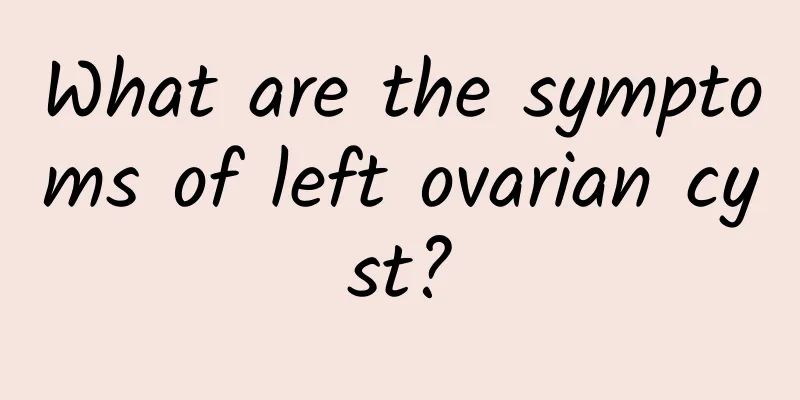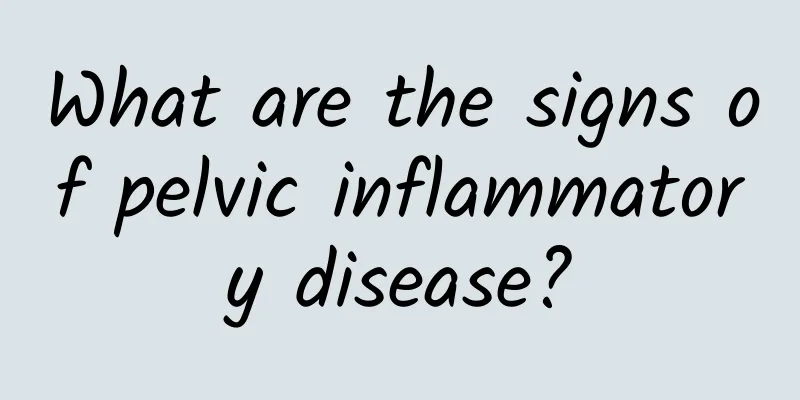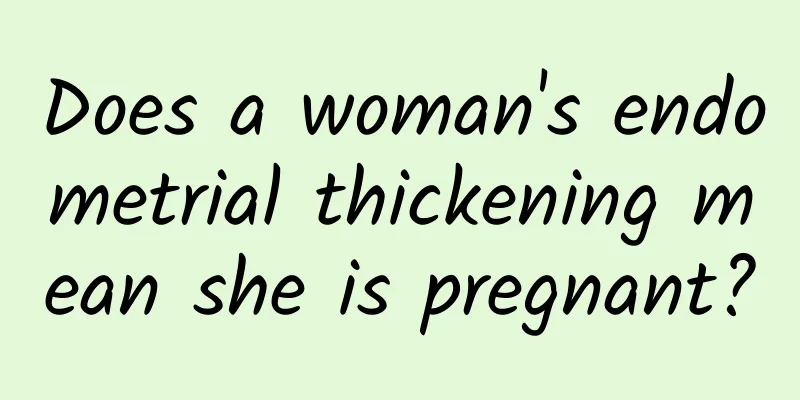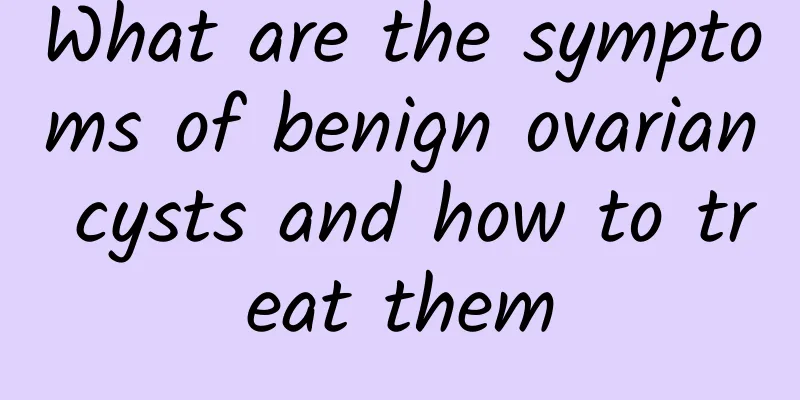What medicine should I take for uterine fibroids and adenomyosis? What is the difference between adenomyosis and uterine fibroids?
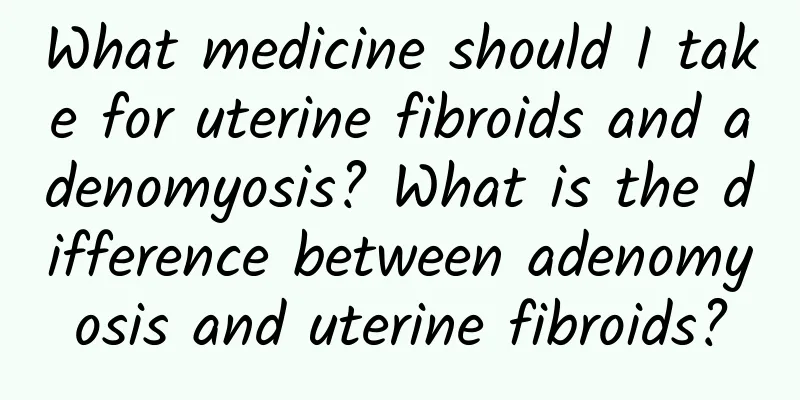
|
What medicine should I take for uterine fibroids and adenomyosis? What is the difference between adenomyosis and uterine fibroids? Uterine fibroids and adenomyosis are common benign gynecological diseases. For patients, it is very important to choose the right treatment plan and medicine. However, it is confusing that many patients have some misunderstandings about the difference between uterine fibroids and adenomyosis and what medicines they need to treat. This article will introduce the difference between adenomyosis and uterine fibroids, and answer the question of what medicines are needed to treat uterine fibroids and adenomyosis that patients are concerned about. Adenomyosis is a common gynecological disease characterized by the proliferation of endometrial glands and myometrium. Patients often experience symptoms such as menstrual disorders, prolonged menstruation, blood clots, and even infertility. The treatment of adenomyosis mainly regulates the menstrual cycle and improves the state of the endometrium, while supplemented with Chinese medicine, Chinese patent medicine and other drugs for auxiliary treatment. Commonly used drugs include Chinese medicine decoctions and pills for regulating water collaterals, promoting blood circulation and removing blood stasis, protecting the uterus and stopping bleeding, and Chinese patent medicine peony glycoside tablets. The difference between uterine fibroids and adenomyosis is that uterine fibroids are a benign tumor formed by the non-malignant proliferation of smooth muscle cells in the myometrium of the uterus. The cause of uterine fibroids is still unclear, but it is related to female hormone levels, genetic factors, living environment, etc. The main symptoms of uterine fibroids are irregular menstruation, abdominal pain, abdominal distension, frequent urination, etc. In severe cases, they can also lead to anemia, infertility and other problems. There are two main ways to treat uterine fibroids: uterine preservation surgery and drug therapy. Drug treatment generally chooses anti-estrogen and progesterone to regulate hormone levels, shrink the tumor, and relieve symptoms. You can also choose Chinese medicine treatment, such as peach kernel, safflower, Corydalis, etc., to promote blood circulation and improve local circulation in the uterus. Adenomyosis and uterine fibroids are different in etiology, clinical manifestations and treatment methods. For the treatment of adenomyosis, you can choose to regulate the menstrual cycle, improve the state of the endometrium, and use Chinese medicine, Chinese patent medicine and other drugs; for uterine fibroids, you can choose surgical treatment or drug treatment. Drug treatment can use anti-estrogen and progesterone, or Chinese medicine to promote blood circulation and remove blood stasis. For adenomyosis and uterine fibroids, patients need to choose the treatment and medicine that suits them according to their own conditions, combined with the doctor's advice and diagnosis results. At the same time, during the treatment process, patients should maintain good living habits, pay attention to rest, avoid excessive fatigue, and keep a good mood to improve the treatment effect. If you encounter some unclear problems, you must consult a doctor in time so that the treatment plan can be adjusted in time to avoid worsening of the disease. |
>>: Why do girls have uterine fibroids? Can girls with uterine fibroids get pregnant?
Recommend
How long does it take to cure bacterial vaginosis?
The pathogen of bacterial vaginitis is vaginal ba...
Is yoga good for adenomyosis? Are there any other treatments?
Adenomyosis is a disease that cannot be ignored. ...
How to treat pelvic inflammatory disease
Pelvic inflammatory disease is a common gynecolog...
Prevention and treatment of chronic pelvic inflammatory disease
Chronic pelvic inflammatory disease is often caus...
What causes chronic cervicitis?
Chronic cervicitis may be caused by a variety of ...
What are the health care methods for ovarian cysts?
What are the health care methods for ovarian cyst...
What are the symptoms of intrauterine adhesions?
What are the symptoms of intrauterine adhesions? ...
The heat is off the charts! A Mid-Autumn barbecue meal = 14 bowls of rice
The Mid-Autumn Festival holiday is coming soon, a...
What are the principles of prevention of endometrial tuberculosis?
Prevention is better than cure, especially for di...
What are the symptoms of uterine fibroids?
Uterine fibroids are a common benign tumor, and t...
What happens if uterine fibroids compress the bladder during pregnancy?
A few months into my pregnancy, I went to the hos...
Is the cost of treating endometrial tuberculosis high?
Endometrial tuberculosis is not as terrible as ma...
What causes a girl to have uterine fibroids? What causes a girl to have uterine fibroids?
Many people think that uterine fibroids are exclu...
What is the cause of infertility caused by cervical erosion?
Cervical erosion is a terrible gynecological dise...
Why do cervical warts always recur?
Cervical warts are no longer a rare STD in modern...


